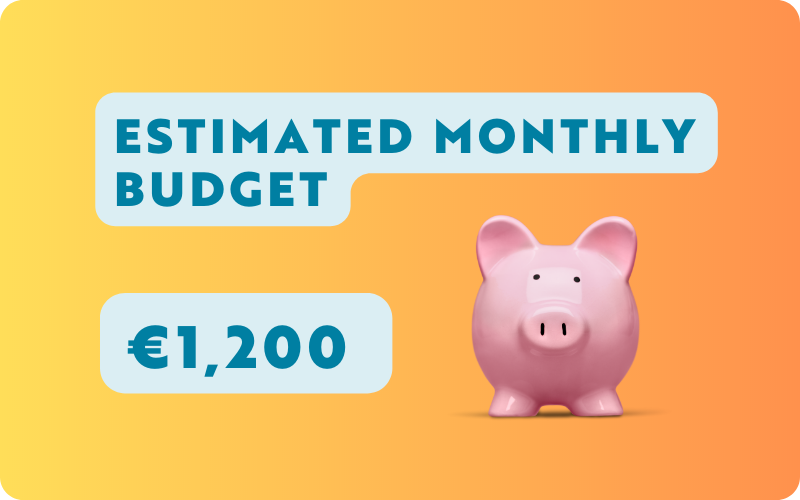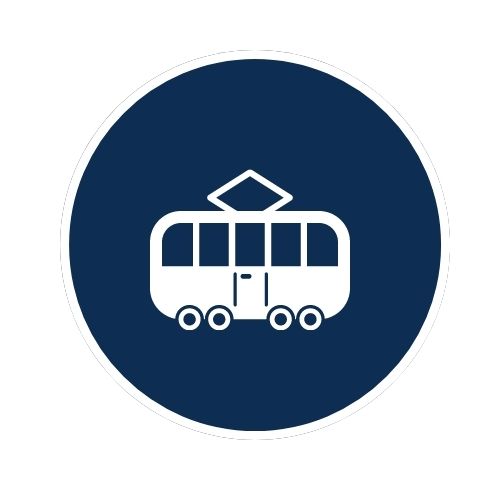Embarking on a new program is exciting but we encourage students to plan their budget to avoid worrying about financial issues once the course starts.
Budget Break Down
- Accommodation
-
The rent will vary depending on the type of accommodation you manage to secure.CROUS University residency: from €250 per month
Private student residency: from €550 per month
Shared private accommodation: from €500 per month
Studio or 1-bedroom flat: from €650 per month
- Groceries
-
Grocery expenses can vary from €150 to €300 per month.
Be aware that some supermarket chains are much more expensive than others. - Transport
-
You might need to include return flight or train tickets between campus and your home, but also a digital pass to use the bus, tram or train on a regular basis on the French Riviera. Students usually get a discount. A bus and tram subscription can cost around €23/month. - Utilities
-
You should be able to find an internet and mobile phone subscription from €20/month. Check that electricity and water bills are included in your monthly rent, otherwise you will need an additional subscription. - Insurance
-
Some types of insurance are mandatory. This will be the case for house insurance (from €35/month) and civil liability insurance (from €13/month). Insurance is sometimes included in bank packages, don't forget to check!

Job Search
You might be interested in finding a part-time job during your time on the French Riviera to support your studies, gain work experience, and immerse yourself in the local lifestyle.
The French Riviera is a renowned tourist destination, offering various job opportunities in the hospitality and tourism industry. Hotels, restaurants, bars, and cafes frequently hire students during peak seasons. Also, there are important engligh-speaking communities in Nice, Antibes, Valbonne and Monaco, and reliable english-speaking baby sitters are in high demand.
Don't forget to keep an eye out for seasonal job fairs or enquire directly at local establishments that might require additional help during busy periods.
International students with a VLS-TS visa are allowed to work up to 20 hours per week during the academic year.





















